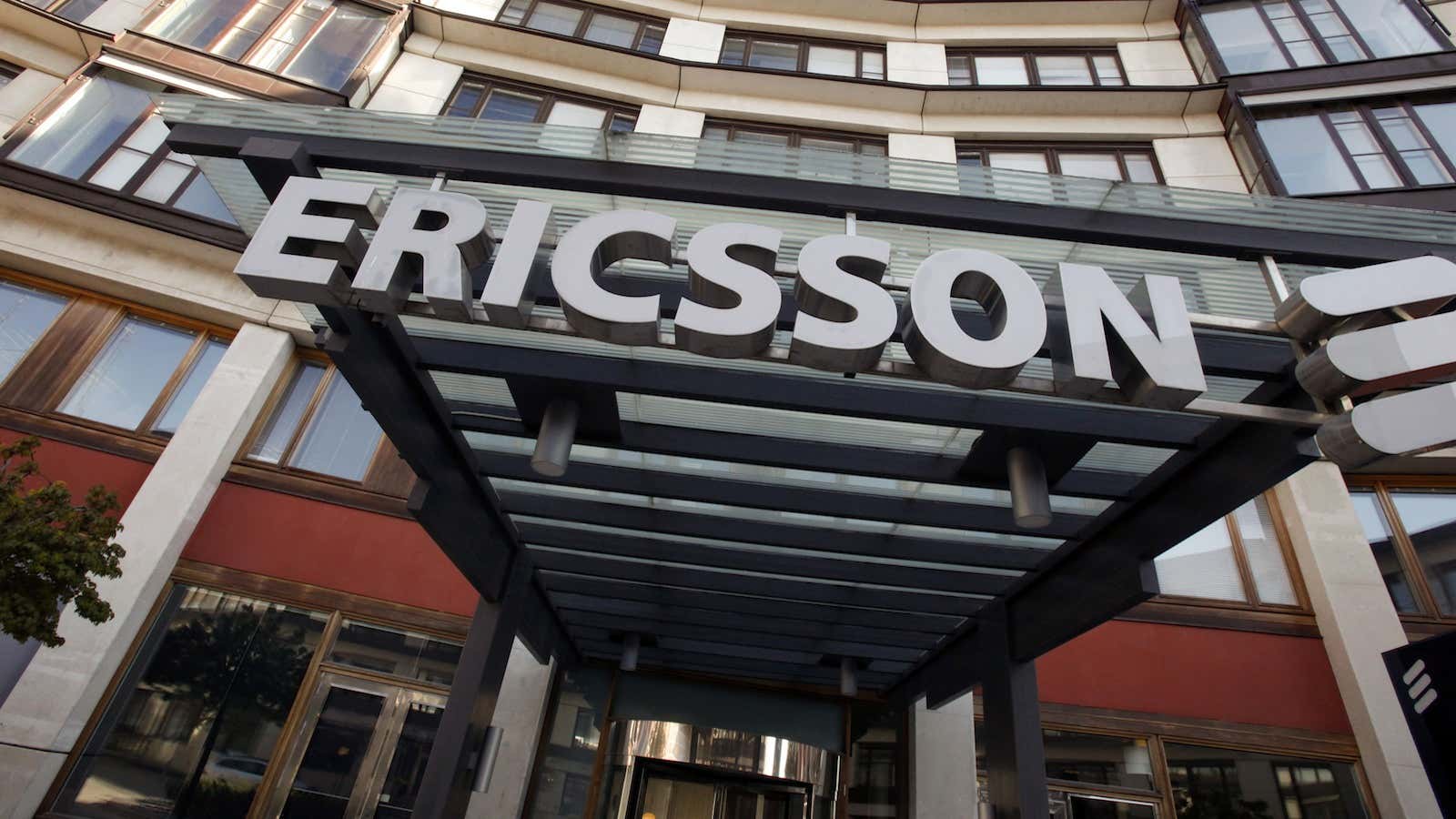Ericsson, the Swedish telecommunications company with over 33,000 patents to its name, has filed an infringement case against Xiaomi in the Delhi High Court, resulting in an injunction forcing the Chinese phonemaker to stop selling devices in India while the case is resolved.
It’s not the first time that Ericsson has tangled with technology companies over the core wireless patents that most smartphones use in some combination. Specifically, Ericsson alleges that Xiaomi has infringed on Standard Essential Patents (SEPs), which are technologies patented and subjected to Fair, Reasonable and Non-Discriminatory (FRAND) terms, because everyone has to use them.
But defining what is fair and reasonable often requires extensive negotiations or a judge’s ruling. And in recent years Ericsson has sued more than a few technology companies in India and beyond:
- 2010: D-Link (USA) Infringing a set of its 802.11 (b) SEPS
- 2012: Samsung (USA) patent infringements in the US
- 2013: Micromax (India) Licence agreements on SEPS on GSM, EDGE and 3G
- 2014: Intex (India) Licence agreements on GSM, EDGE, and UMTS/WCDMA
- 2014: Xiaomi (India) SEPS infringements
Mobile phone manufacturers, on the other hand, have accused Ericsson of asking for unfair prices for its patents and taking undue advantage of its dominant position in the market.
Out of the 33,000 patents credited to Ericsson, 400 are in India. Ericsson is also the single largest holder of patents for wireless technologies such as 2G, 3G, and 4G that are widely used in smartphones and tablets.
Ericsson did not reply to questions emailed by Quartz.
According to phonemakers like Micromax, Ericsson has failed to adhere to global standards on providing SEPs at fair prices, and its approach to negotiations has been unreasonable and discriminatory. Micromax, which controls about 18% of the Indian smartphone market, also alleged that Ericsson abused its dominant position by asking for exorbitant royalty rates for its SEPs.
When Ericsson filed a similar case against Intex Technologies in India, the domestic phonemakers decided to take the matters to the Competition Commission of India (CCI) and alleged discriminatory practices against the Swedish firm.
In its January 2014 order on the Intex-Ericsson case, the CCI stated (PDF) the following, while asking its director general to probe the matter further:
The allegations made in the information concerning royalty rates make it clear that the practices adopted by the OP [opposite party i.e. Ericsson] were discriminatory as well as contrary to FRAND terms. The royalty rates being charged by the OP had no linkage to patented product, contrary to what is expected from a patent owner holding licences on FRAND terms. The OP seemed to be acting contrary to the FRAND terms by imposing royalties linked with cost of product of user for its patents.
Ericsson, in response, filed a case in the Delhi High Court challenging the jurisdiction of CCI in investigation its actions.
Two years ago, Ericsson was also locked in a battle with Samsung in the US, and the South Korean phonemaker accused Ericsson of asking for unreasonable amounts of royalties. In January this year, Samsung agreed to pay Ericsson $650 million plus additional royalties to settle the issue.
